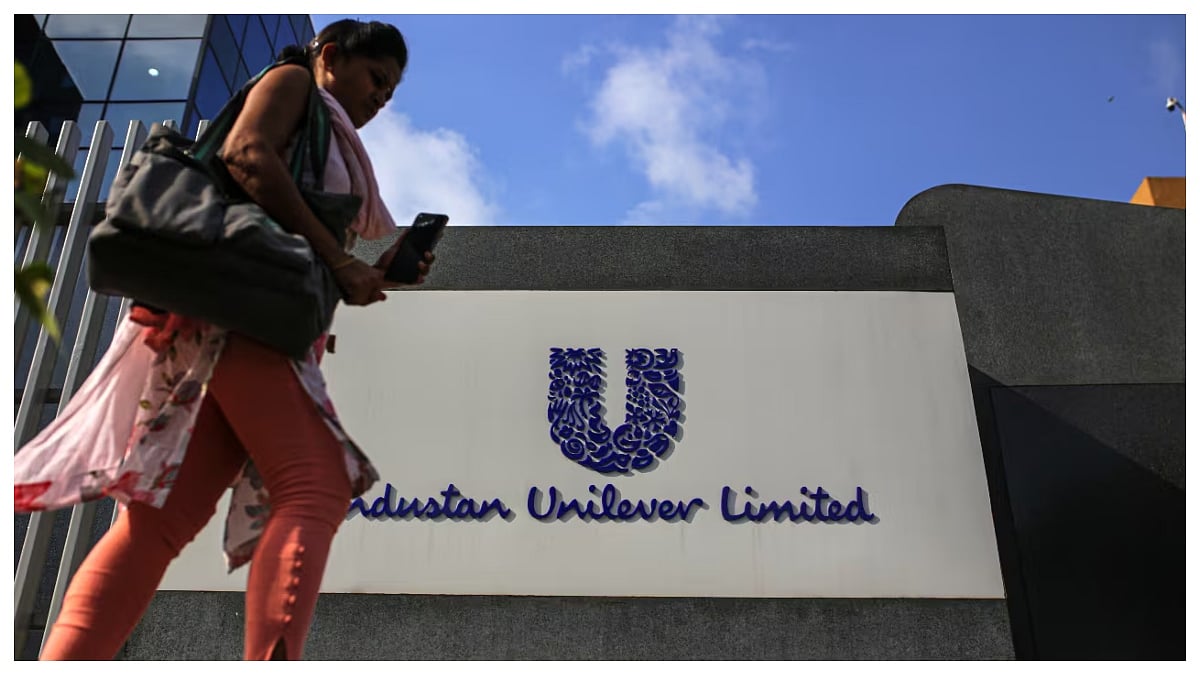Out of the 50,000 cooperative housing societies in Mumbai, a large percentage are pursuing redevelopment. They are confused as to whether to opt for self- re-development or enter into development agreement with developer and what should be the terms.
Since 2016, the business of development has undergone drastic changes starting from Insolvency and Bankruptcy Code (IBC), Real Estate (Regulation and Development) Act (RERA), de-monetisation, GST, disaster in non-banking and Finance (NBFC) Sector like ILFS/ DHFL, COVID-19, self-development scheme for societies and many more! It is very difficult for housing society members to comprehend these changes and impact thereof on their aspirations, unless home buyers invest enough in gaining financial literacy!
De-monetisation plus RERA plus IBC has pushed out unorganised lenders from the development business and after excessive financing getting exposed due to DHFL and other matters, organised finance is bit sceptical about financing developers. Before these changes occurred, development business was done on principle of other person money (OPM)! And these changes have highlighted the requirement of changing this work pattern of OPM.
Re-development projects are relatively smaller projects and therefore Alternate Investment Funds (AIF) may not take interest in smaller re-development projects. There is clearly a space for a new type of financer/ equity holder in the development space. However just finance/ capital will not make the project viable. Diverting funds from one project to another has been a rampant practice; to some extent RERA has put some restrictions on it, too. History tells us that a service provider can be as matured as his customer is! Can home buyers/ society members elevate themselves and play this role to some extent for their re-development projects?
Organised developers have been forming special purpose vehicle (SPV) in the form of private limited company for each project. If these SPVs are not able to manage their own liquidity problems, it would be prone to proceedings of IBC. In the IBC, the committee of creditors decides the fate of who will get the charge of the insolvent company (and thereby development of project). Home buyers, although actually are customers of this SPV/company, are also considered as financial creditors at par with secured lenders. And in many cases, home buyers dominate over secured lenders and play a decisive role about who will get this project. Examples of Aristo Developers, Umang Real-tech and many more establish this point.
If the SPV is not in the form of a Company-- for instance, if SPV is in form of a partnership firm or proprietary concern etc., home buyers do not get protection of the IBC. To add more complications, if there is more than one project in one company, sickness of one project can drag the other project to the IBC. Further, multiple projects would lead to many home buyers and that will also lead to in decisiveness in the IBC process.
Therefore, adequately capitalised SPV in the form of Company for each project is the need of an hour. Financial capability and discipline will ensure that the Company (SPV) will probably not become insolvent and will be able to complete the project effectively. The SPV in the form of a Company will also ensure protection to home buyers in IBC platform in case of any liquidity issue.
These actions (1) insisting on adequately capitalised SPV, (2) SPV in the form of private limited Company, (3) society/ home buyers also taking equity stake in the SPV, (4) continuous formal education to societies/ homebuyers; will moderate the greed of the developer and home buyer both and will bring financial discipline in the overall sector. However, unless societies engage duly qualified finance and legal consultants on their own (i.e. society should pay them and not the developer), they will not be able to handle this well and can mess it up. More structured formal education will make overall model very sturdy.
(The author is a qualified company secretary and runs a corporate compliance firm)







